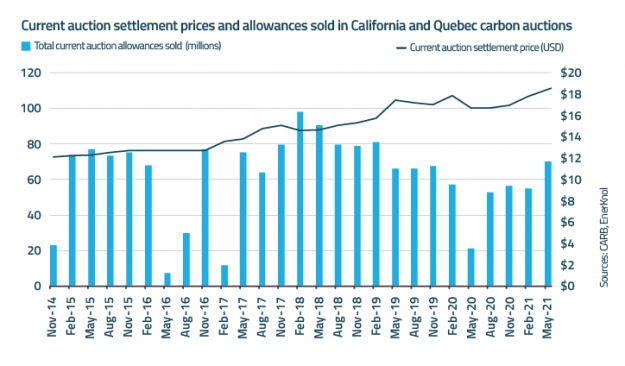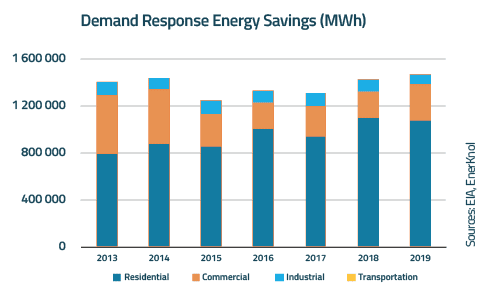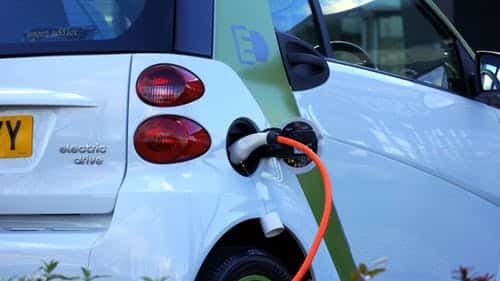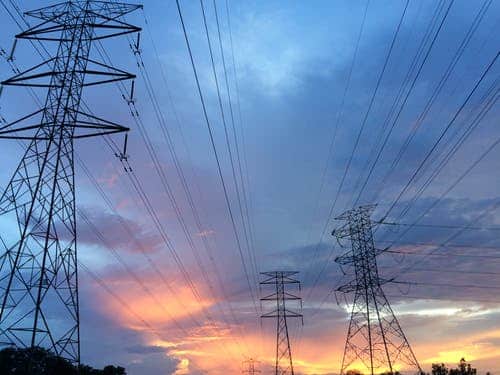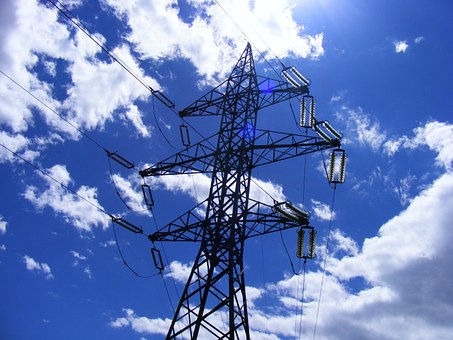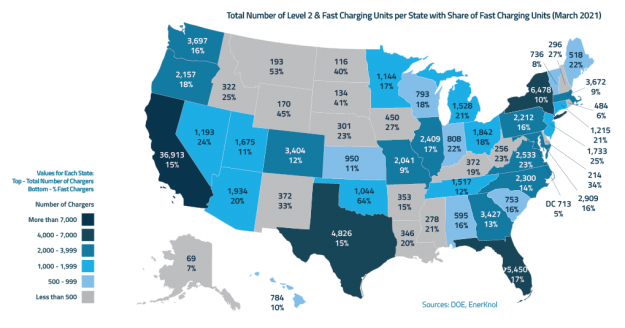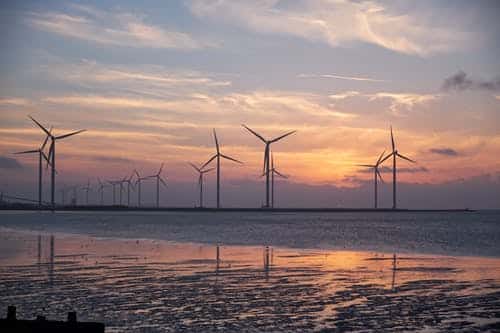Policy Primer: Carbon Pricing July 2021 Update
Emission trading is coming to prominence as a key market-based tool in state efforts to reduce greenhouse gases, including decarbonization of the electricity sector. Among recent actions Washington has enacted legislation to implement an economy-wide cap-and-invest system, becoming the second state to have a comprehensive carbon-pricing program, and Pennsylvania has adopted rulemaking for a carbon trading program covering the power sector.
